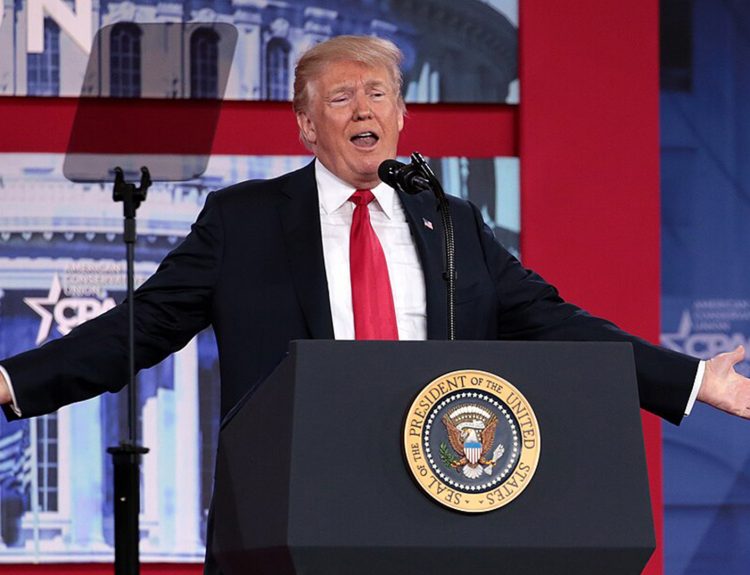President Joe Biden’s administration has reached a preliminary agreement to provide up to $6.4 billion in funding to Samsung for building advanced semiconductor manufacturing facilities in Texas. This deal is part of Biden’s push to boost domestic high-tech manufacturing and reduce reliance on imports.
If finalized, Samsung’s proposed $40 billion investment would create thousands of jobs and cement Texas as a top destination for chip production. Biden touted the tentative deal as restoring American leadership in semiconductors.
Biden Touts $40B Samsung Investment in Texas
President Biden announced an agreement for Samsung to build a new semiconductor manufacturing facility in Texas.
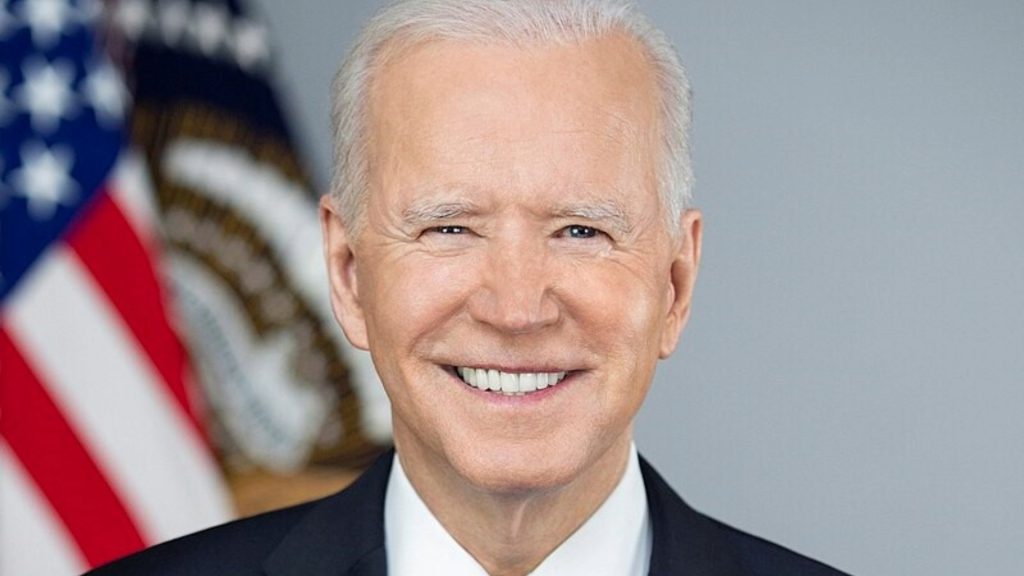
The $40 billion investment, subsidized partly by $6.4 billion in funding from the CHIPS Act Biden signed earlier this year, aims to boost domestic chip production and reduce reliance on imports.
New Samsung Campus in Taylor, Texas
The new Samsung campus will be located in Taylor, Texas, about 30 miles from Austin, and include two new chip foundries for producing advanced four- and two-nanometer chips and a research and development center and packaging facility.
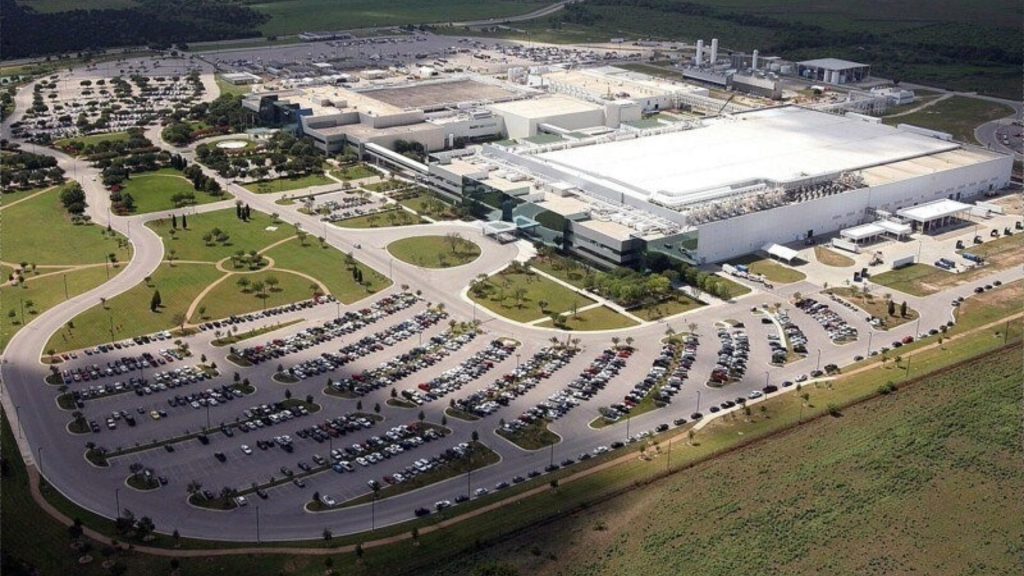
Construction begins in 2023, with the first factory operational in 2026 and the second in 2027. The investment will also expand Samsung’s existing chip plant in Austin.
Pushing Tech Innovation in Texas
Secretary of Commerce Gina Raimondo said the project will establish Texas as an innovative hub for semiconductor technology and help the U.S. produce one-fifth of the world’s cutting-edge chips by the decade’s end.

“The proposed project will propel Texas into a state-of-the-art semiconductor ecosystem,” she said. “It puts us on track to hit our goal of producing 20 percent of the world’s leading-edge chips in the United States by the end of the decade.”
Revival of Domestic High-Tech Manufacturing Part of Biden’s Plans
Biden has prioritized reviving domestic high-tech manufacturing, arguing that the U.S. has fallen behind Asia and Europe.
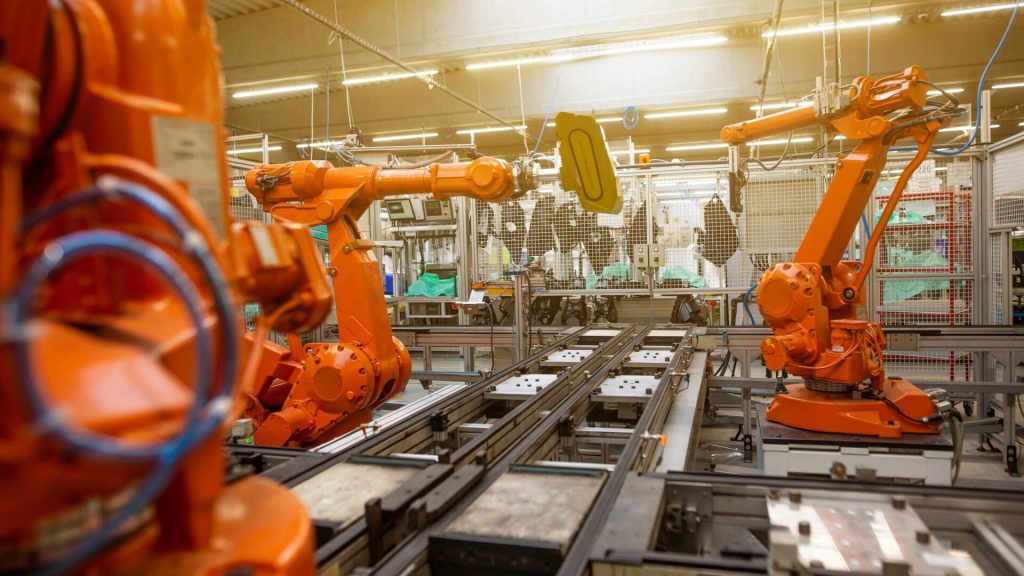
“Even though we invented the most advanced chips, we make zero percent of them today,” he said recently. “Nearly all manufacturing of leading-edge chips across the entire industry moved overseas to Asia years ago.”
CHIPS Act Provides Funding for Domestic Chip Production
The recently passed CHIPS Act provides major funding for domestic chip production in the U.S. The new semiconductor subsidies aim to boost America’s competitiveness in advanced chipmaking.

With the CHIPS Act, the Biden administration is investing billions of dollars to spur the construction of chip fabrication plants on American soil.
Investing in America’s Future
The CHIPS funding demonstrates the Biden administration’s commitment to revitalizing domestic high-tech manufacturing. Building chip fabrication plants in the U.S. will help address supply chain issues, boost innovation, and create thousands of high-paying jobs.
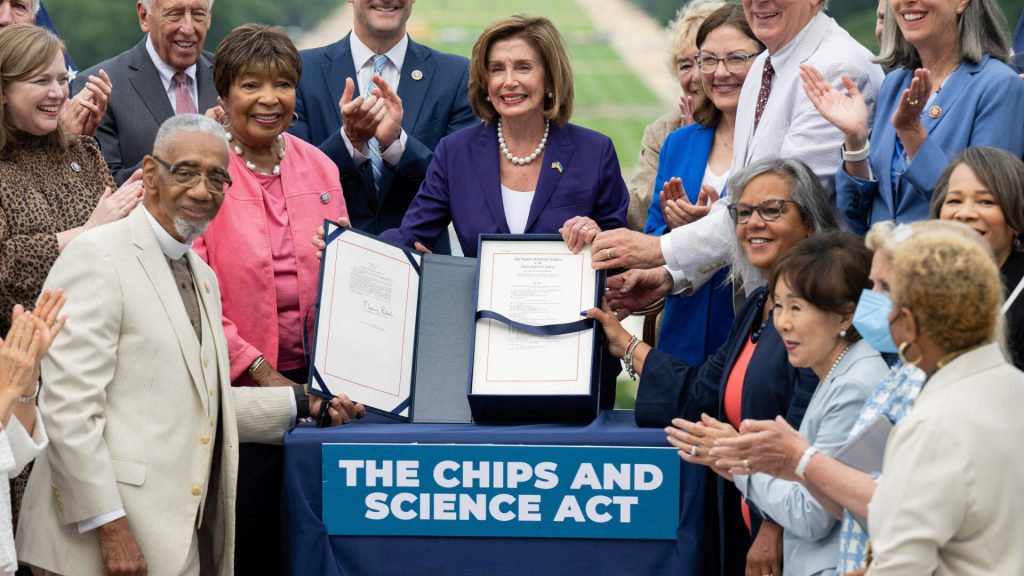
The Samsung deal alone is expected to generate over 21,000 jobs in Texas and leverage an additional $40 million in funding to train workers.
Restoring U.S. Leadership in Advanced Chips
The Biden administration was set on reviving the declining U.S. semiconductor industry. The U.S. has lagged in chip manufacturing for years, with most production shifting overseas to Asia.
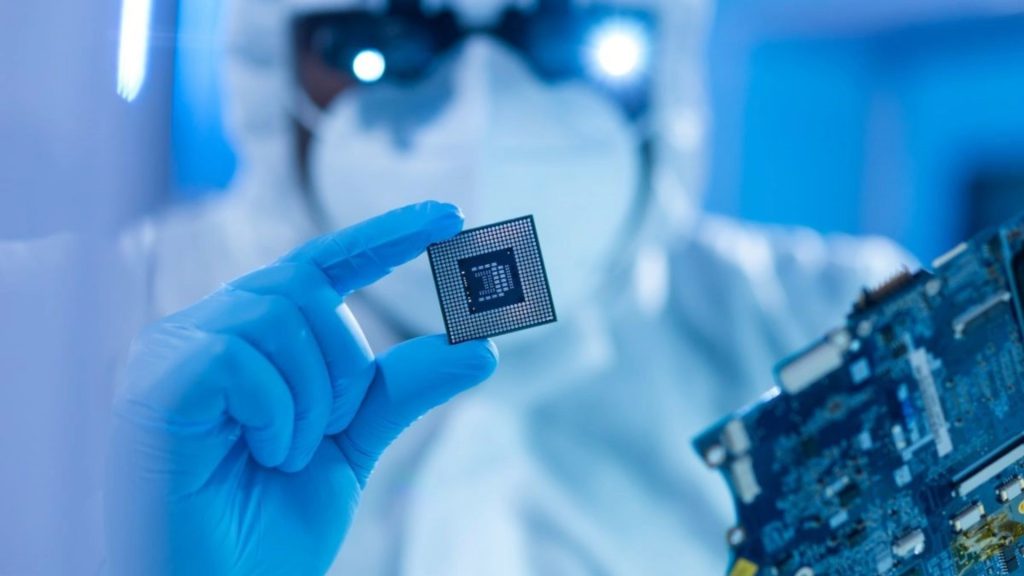
By boosting domestic chip production, the CHIPS Act strengthens U.S. tech leadership, creates jobs, and makes the country’s supply chains more resilient.
Addressing Supply Chain Vulnerabilities
The Biden administration has been working for years to address vulnerabilities in the supply chain for semiconductors, the advanced computer chips that power everything from smartphones to sophisticated weapons systems.

According to the president, the U.S. invented the most cutting-edge chips but now produces zero percent of them, with nearly all manufacturing moving overseas to Asia.
Strengthening National Security
Increasing domestic chip production is also aimed at bolstering U.S. national security. Currently, the nation relies heavily on Taiwan and South Korea semiconductors, leaving supply chains vulnerable to geopolitical tensions.
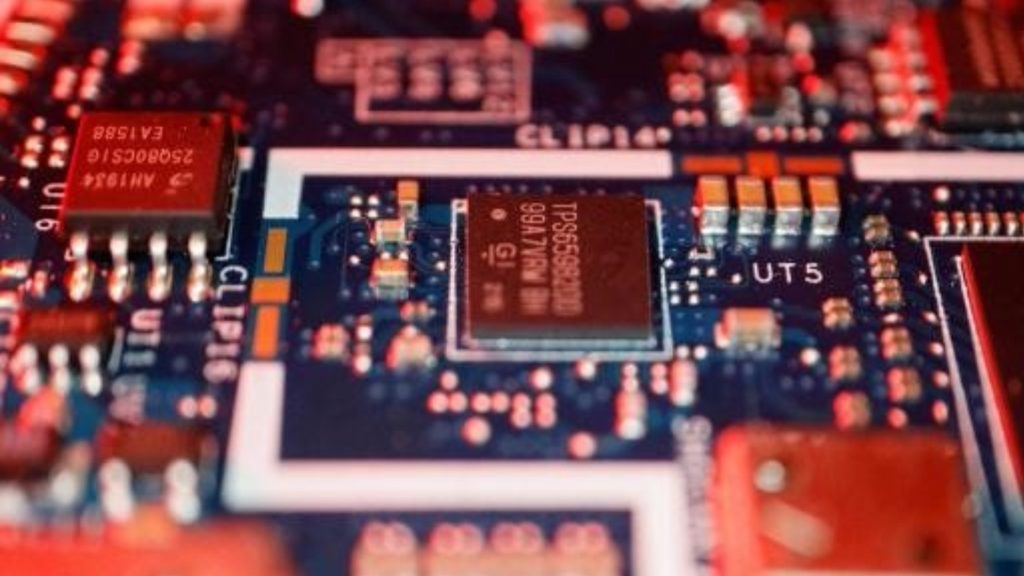
By producing more chips at home, the U.S. can reduce its dependence on foreign manufacturers and ensure a steady supply of components for critical systems like weapons, communications equipment, and infrastructure.
Samsung Deal Expected to Meet Global Demand
The Samsung deal is expected to help the U.S. produce 20 percent of the world’s most advanced chips by the end of the decade, according to Commerce Secretary Gina Raimondo.

Biden called the agreement “a preliminary step to unlock the potential for further catalytic public and private investment in this sector.”
Strengthening the Technology Ecosystem
Secretary of Commerce Gina Raimondo said the proposed project will transform Texas into a premier location for semiconductor technology.

It moves the U.S. closer to producing 20 percent of the world’s most advanced chips domestically by the end of the decade, a goal of the Biden administration.
Critics Cautious About the Use of Taxpayer Money in Private Industries
Some critics argue that subsidies favor large corporations and question whether taxpayer money should be used to fund private industries.

However, Biden and supporters counter that government investment is necessary to jumpstart chipmaking, boosting the economy and strengthening national security.
Samsung is Just the Beginning
Biden has said this deal with Samsung is “just the beginning” of his administration’s efforts to rebuild America’s leadership in chip manufacturing.

Intel has also announced plans to build chip plants in Ohio, Arizona, and New Mexico with the help of federal grants and loans.
A Major Win for Biden’s Administration
The Samsung investment is a major win for President Biden and the United States, bringing tens of billions of dollars and thousands of jobs to Texas.

If more companies follow Samsung’s lead, the U.S. can reestablish itself as a chipmaking superpower. For now, Biden and his administration deserve credit for securing this preliminary deal that cements Texas as a next-generation semiconductor hub.





